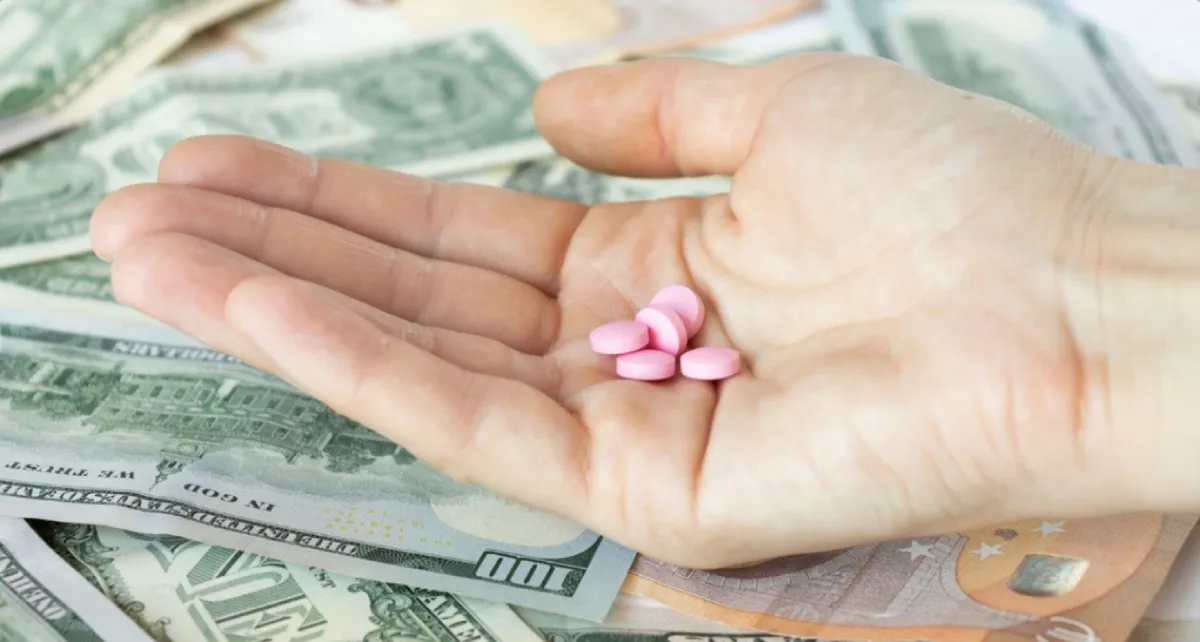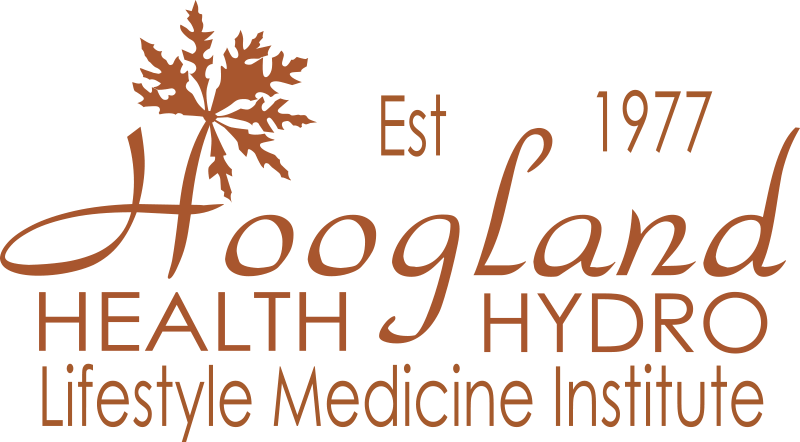There are few modern-day industries that I find more upsetting than the supplement industry. We see more and more harm from the various supplements people take. Apart from a lack of physical activity, it is now causing more harm to our guests than any other single cause.
It is a gigantic industry, growing at several times the rate of GDP, and really has no proven benefit. These potentially harmful supplements include vitamin and mineral supplements, sports and exercise drinks, protein shakes, many weight loss products, and, surprising to many, probiotic supplements.
Why are supplements found in so many homes?
Hope.
Or, more accurately: hope fuelled by the clever marketing of a mostly unregulated supplement industry that enjoys great profit margins.
In South Africa, anything labelled ‘supplements’ — from vitamins to weight-loss products, sports performance boosters, gut health products and more — falls under ‘complementary medicines’ or ‘health supplements’ in terms of the Medicines and Related Substances Act of 1965.
In 2017, an attempt was made to improve vetting and move towards tighter regulation through The General Regulations under the Medicines and Related Substances Act, drafted by the Medicines Control Council (MCC).
However, supplement manufacturers took the MCC to court, and some provisions of the Act were found to be illegal — putting yet another obstacle in the way of regulation.
It’s true that many of us are tired of excess regulation, but in this instance, this is concerning.
Almost no one knows that there isn’t any regulatory authority in South Africa, nor most of the rest of the world, making sure supplements or complementary medicines actually do what they claim to.
Most people are not aware that the capsules, pills, powders, syrups, teas, and drinks they put into their bodies daily have not been proven to be safe.
Few realise that there are practically no enforceable regulations on supplements sold so widely on so many platforms and in so many reputable stores.
The wording on labels is often vague at best, many of them with little actual meaning. They contain overstated benefits and downplay or ignore risks entirely. Words like “up to”, “may”, “can”, “improve”, and “contribute” often precede exaggerated claims, while terms like “proprietary blends” or “proprietary processes” allow manufacturers to hide what these things are really about.

Follow the money
The Medicine Control Council of South Africa had a total budget in 2023 of R140.5 million. This is their total budget to regulate all medication, supplements, and alternative medicine for one whole year.
The Medicine Control Council of South Africa had a total budget in 2023 of R140.5 million. This is their total budget to regulate all medication, supplements, and alternative medicine for one whole year.
The total market value for vitamin supplements, sports supplements, and herbal supplements in South Africa for the same year was approximately R15.2 billion, of which an estimated 50% or more was gross profit. This means the gross profit of only a part of the supplement industry is over 55 times higher than the entire budget of the Medicines Control Council.
Consider that, with this same budget, the MCC is also tasked with regulating allopathic and complementary medicine — not only for humans but for animals too. Is it any wonder that it is essentially powerless to scrutinize the veracity of claims coming from the supplement market?
Supplements, in their various forms, often follow the “Perfume Profit” model. This is the idea that if we charge more for something and present it in prettier packaging, we believe the ingredients are of superior quality.
Isn’t it amazing how many people will resent paying R300 for their prescription medication, but then fill their basket with all sorts of expensive supplements on their way to the pharmacy checkout?
Placebo
The placebo effect plays a very large role in the perceived benefit of supplements, especially when they are expensive and attractively packaged.
Most studies which show benefit from supplementation did not have a placebo-controlled group, but even if they did, study numbers were often very small and did not account for confounding factors.
In regulated medicine, the placebo effect is a well-known contributor, and provision needs to be made for this when medication is approved for use. The difference between medication and placebo can be relatively small for medication to be approved.
For instance, Selective Serotonin Reuptake Inhibitors (SSRIs) work in around 40–50% of mild to moderate depression cases; placebos work in about 30–40%, yet SSRIs are still considered effective.
The side effects of medication can be significant — but is it really true that placebos don’t have side effects?

One of the more serious side effects of the placebo effect is that, sometimes, it provides an excuse not to make the lifestyle changes many of us already know we need to.
Take the example of depression treatment again: exercise is effective in 60–65% of mild to moderate cases. This compared to the 40–50% for medication, and 30–40% for a placebo.
The benefits of exercise as a lifestyle intervention doesn’t stop there. In one follow-up study, only 8% of patients in remission after exercise treatment relapsed, compared to 31% in the medication group.
In another study, at a 10-month follow-up, patients who exercised had significantly lower rates of depression (70%) than those who took medication (48%).
If exercise is combined with other lifestyle health changes such as improved diet, social support and meditation, the results are even better.
Lifestyle changes can be powerful.
Supplements are not true placebos, as they do contain active ingredients. These ingredients can be beneficial, but they can also cause harm.
Additionally, the placebo effect of supplements can lure people into a false belief that they are doing something easy to improve their health, thus avoiding the needed lifestyle changes, supplements really should not be a part of any diet.
At no point should a multivitamin ever be taken.
If you have a deficiency, it should first be accurately diagnosed, and the underlying cause identified.
Oral supplementation is pointless if the deficiency is due to malabsorption caused by medication or surgery.
In large amounts, many vitamins are harmful and can cause lasting damage — or even death.
If vitamin or mineral supplementation is required, it should be treated as medicine:
There is no place for it as part of any diet, as you cannot out-supplement a bad lifestyle.

Gut health
With gut microbiota diversity now taking centre stage in our pursuit of increased healthspan, it is important to note that supplements can cause significant harm to our gut microbiota.
While much could be written about the various risks, here are a few key highlights:
Vitamins: D, C, A, and B3 — when taken in high doses — can disrupt gut microbiota by altering immunity, pH, or metabolism.
Minerals: Excess iron, zinc, and calcium may favour pathogens or reduce beneficial short-chain fatty acid (SCFA) producers.
Sports Supplements: Protein powders, BCAAs, creatine, artificial sweeteners, and caffeine — common in fitness products — have been linked to dysbiosis through fermentation shifts or environmental stress.
Probiotic Supplements: Supplements can out-compete native flora, reducing diversity or causing overgrowth (e.g. small intestinal bacterial overgrowth, SIBO). Note: this does not apply to probiotic-rich foods, which are highly beneficial to both gut and overall health.
